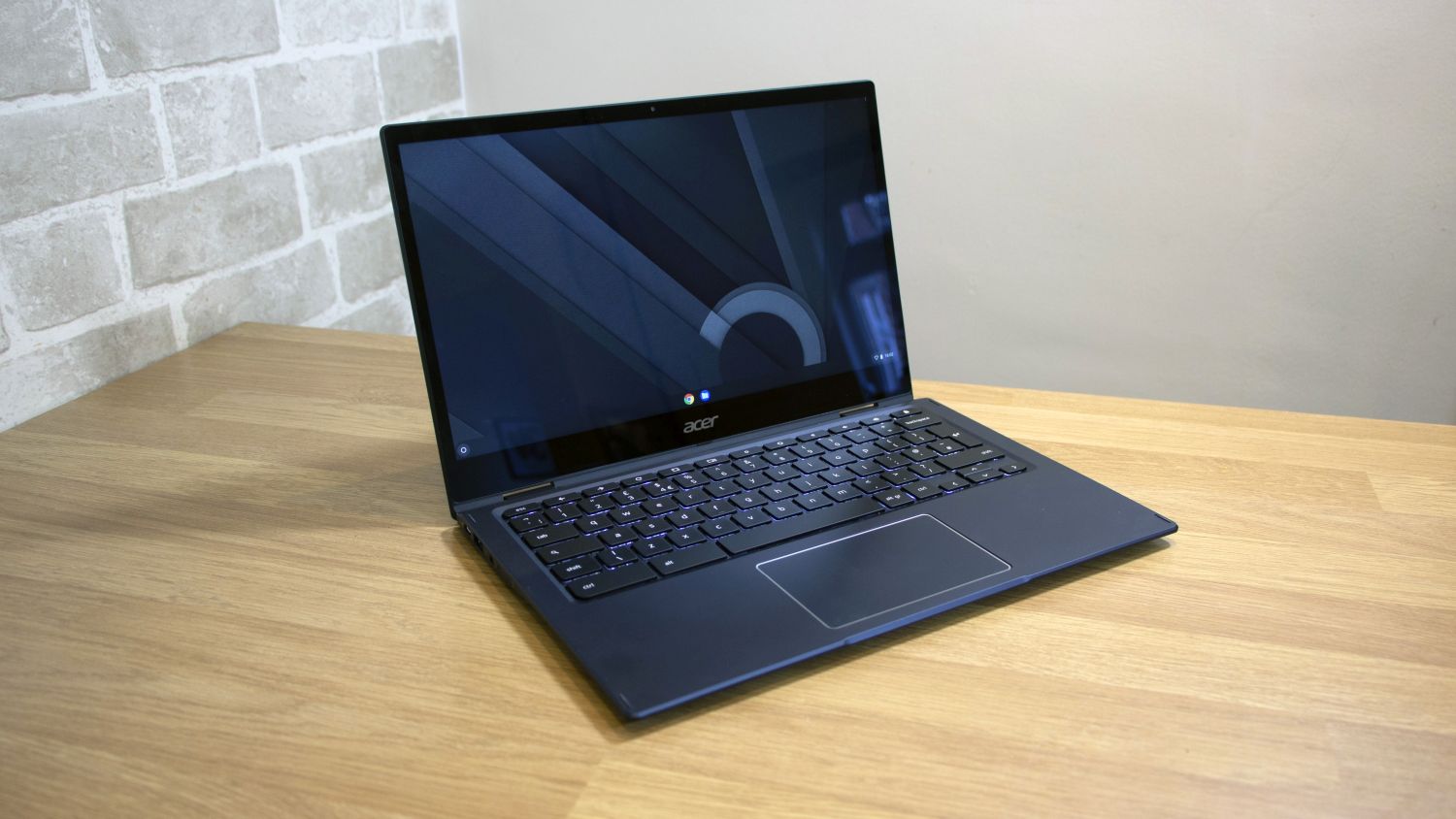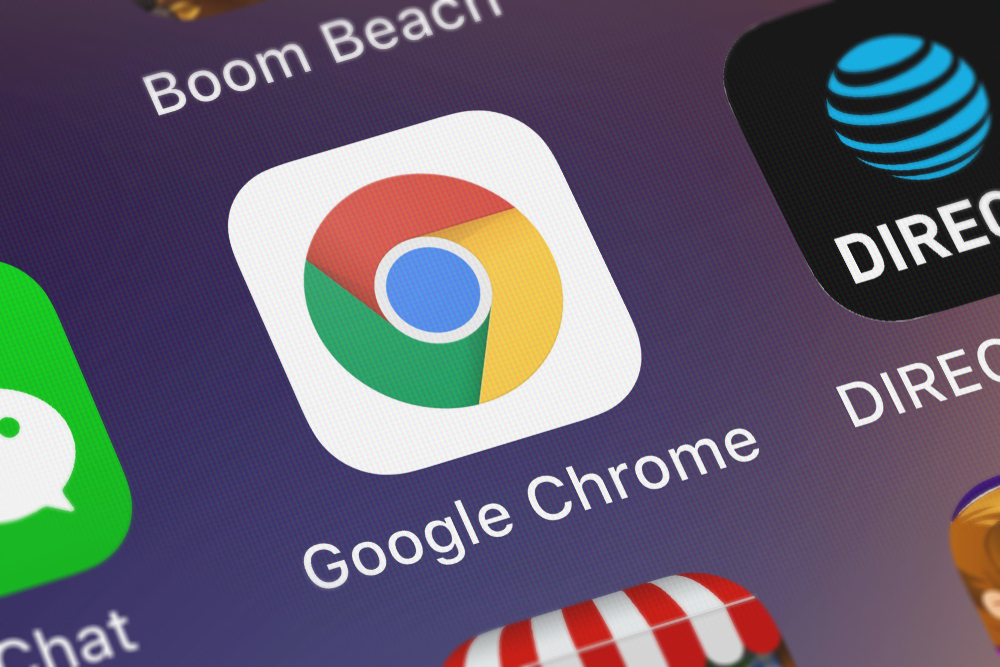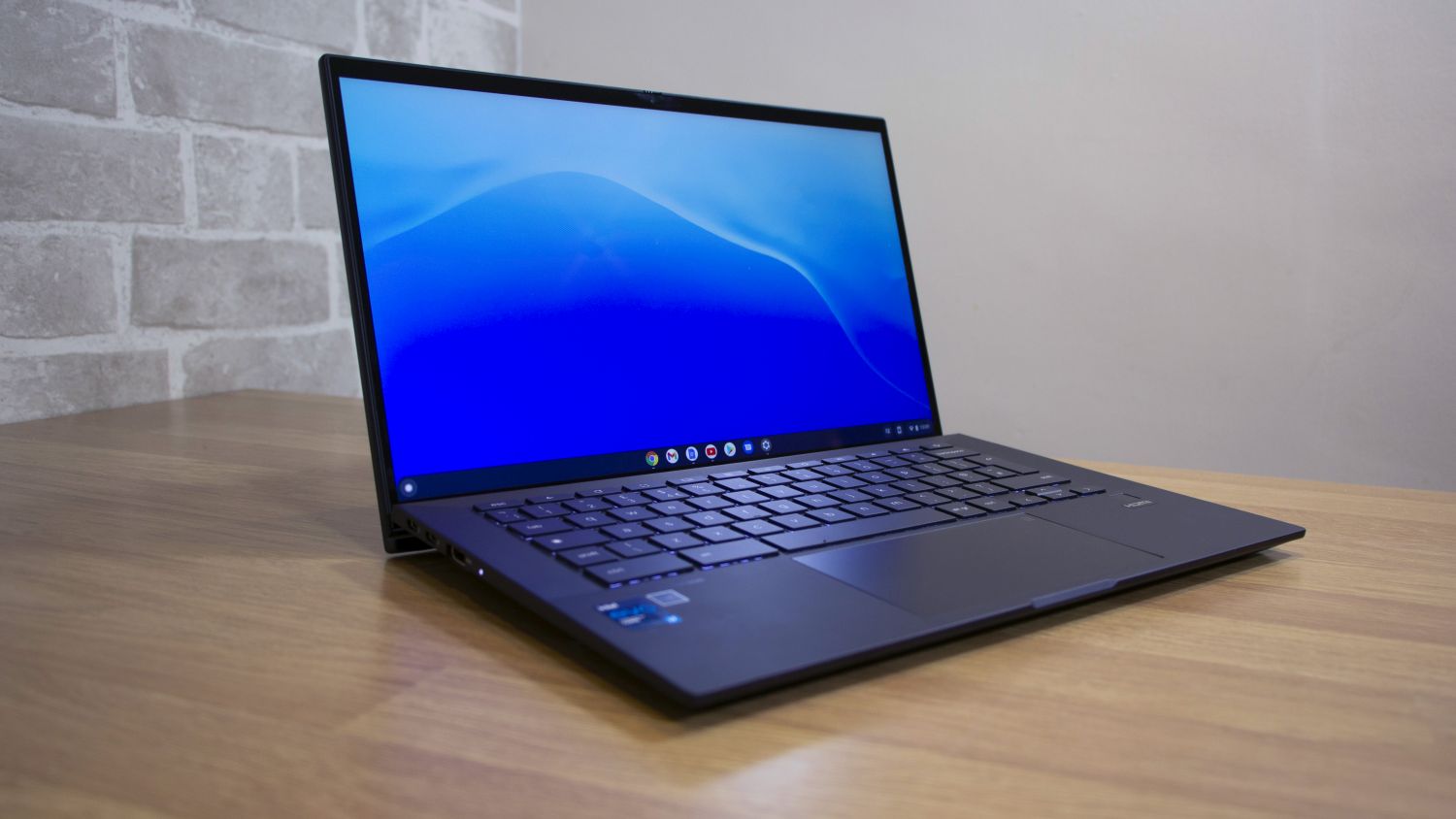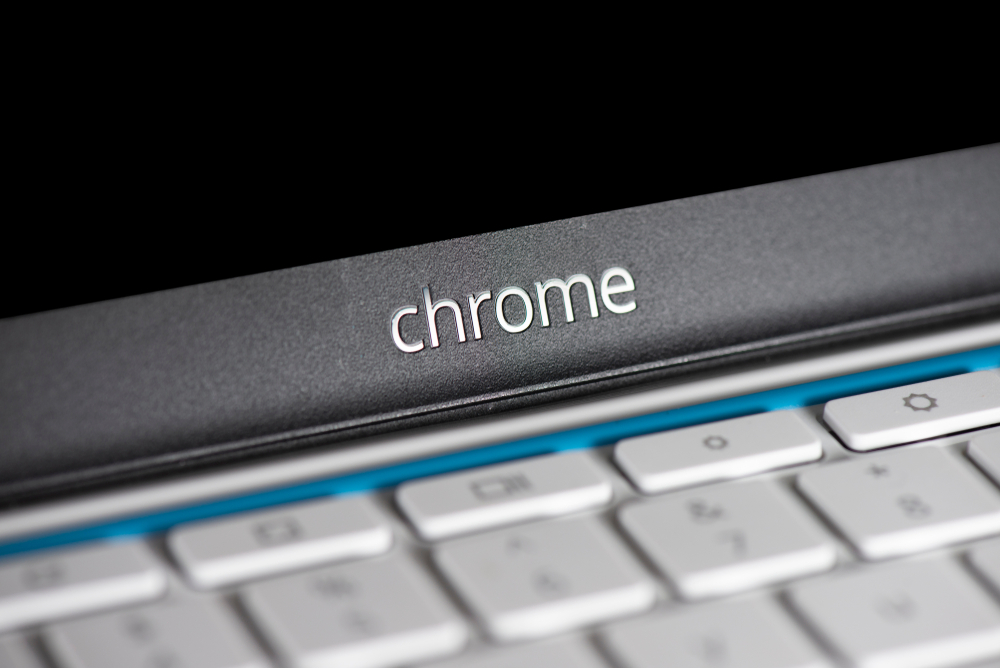Google shrinks JPEGs by 35% with Guetzli algorithm
Google aims to slice page load times and data use by making JPEG images more efficient


Google is shrinking JPEG image files by 35% to help boost online page load times.
Google researchers have developed an algorithm dubbed Guetzli which is apparently the Swiss-German word for "cookie" which slashes file size while maintaining visual quality and compatibility with browsers by not altering the file format, unlike its previous effort at image compression, WebP.
"From the practical viewpoint this is very similar to our Zopfli algorithm, which produces smaller PNG and gzip files without needing to introduce a new format, and different than the techniques used in RNN-based image compression, RAISR, and WebP, which all need client and ecosystem changes for compression gains at internet scale," Google Research Europe software engineers Robert Obryk and Jyrki Alakuijala said in a blog post.
WebP slashed file sizes by a quarter, but didn't always interact well with image-editing software, with Photoshop requiring a plugin, or with other browsers, which didn't all support the new file format. Guetzli promises more compression, without users or developers having to adopt a new file format.
The researchers said Guetzli targets one aspect of JPEG compression, quantisation dropping the number of colours in an image to cut its size.
Guetzli specifically targets the quantisation stage in which the more visual quality loss is introduced, the smaller the resulting file. "Guetzli strikes a balance between minimal loss and file size by employing a search algorithm that tries to overcome the difference between the psychovisual modeling of JPEG's format, and Guetzli's psychovisual model, which approximates color perception and visual masking in a more thorough and detailed way than what is achievable by simpler color transforms and the discrete cosine transform," the researchers explained. "However, while Guetzli creates smaller image file sizes, the tradeoff is that these search algorithms take significantly longer to create compressed images than currently available methods."
How does it look? Google said it tested JPEGs compressed using the algorithm on "human raters", and they consistently prefered the Guetzil images over other JPEGs, even if the latter were larger files.
Get the ITPro daily newsletter
Sign up today and you will receive a free copy of our Future Focus 2025 report - the leading guidance on AI, cybersecurity and other IT challenges as per 700+ senior executives
The algorithm has been released as open source, as it's naturally in Google's own interest to cut down data use online. "It is our hope that webmasters and graphic designers will find Guetzli useful and apply it to their photographic content, making users' experience smoother on image-heavy websites in addition to reducing load times and bandwidth costs for mobile users," the researchers added.
Freelance journalist Nicole Kobie first started writing for ITPro in 2007, with bylines in New Scientist, Wired, PC Pro and many more.
Nicole the author of a book about the history of technology, The Long History of the Future.
-
 Bigger salaries, more burnout: Is the CISO role in crisis?
Bigger salaries, more burnout: Is the CISO role in crisis?In-depth CISOs are more stressed than ever before – but why is this and what can be done?
By Kate O'Flaherty Published
-
 Cheap cyber crime kits can be bought on the dark web for less than $25
Cheap cyber crime kits can be bought on the dark web for less than $25News Research from NordVPN shows phishing kits are now widely available on the dark web and via messaging apps like Telegram, and are often selling for less than $25.
By Emma Woollacott Published
-
 Spanish spyware outfit uncovered, develops exploits for Windows, Chrome, and Firefox
Spanish spyware outfit uncovered, develops exploits for Windows, Chrome, and FirefoxNews Google was only able to discover the company after an anonymous submission was made to its Chrome bug reporting programme
By Zach Marzouk Published
-
 Google adds new security vendor plugins for Chrome, improved Chrome OS policy controls for IT admins
Google adds new security vendor plugins for Chrome, improved Chrome OS policy controls for IT adminsNews New integrations across various security pillars aim to improve Chrome OS and Chrome browser security for enterprise customers
By Connor Jones Published
-
 Google patches second Chrome browser zero-day of 2022
Google patches second Chrome browser zero-day of 2022News Google acted quickly to secure against the type confusion vulnerability that was under active exploitation
By Connor Jones Published
-

 Acer Chromebook Spin 513 review: Cheap and mostly cheerful
Acer Chromebook Spin 513 review: Cheap and mostly cheerfulReviews An affordable Chromebook convertible with good looks but mediocre performance
By Mike Jennings Published
-
 Google says Chrome is now faster than Safari on Apple Silicon
Google says Chrome is now faster than Safari on Apple SiliconNews According to Apple's own benchmarks, Chrome 99 scored the highest out of any browser ever tested
By Connor Jones Published
-
 Google Chrome update fixes zero-day under active exploitation
Google Chrome update fixes zero-day under active exploitationNews Google releases a fresh wave of patches for severe vulnerabilities that could facilitate code execution and system takeover via Google Chrome
By Connor Jones Published
-

 Asus Chromebook CX9 (CX9400CE) review: The most stylish Chromebook on the market
Asus Chromebook CX9 (CX9400CE) review: The most stylish Chromebook on the marketReviews A sleek, expensive Chromebook that tries to bring professional style to Google’s OS
By Mike Jennings Published
-
 Chromebook shipments plunge due to 'shift in demand'
Chromebook shipments plunge due to 'shift in demand'News Sales of Chrome OS devices fell 29.8% in the third quarter of 2021 to 6.5 million units, according to IDC
By Danny Bradbury Published